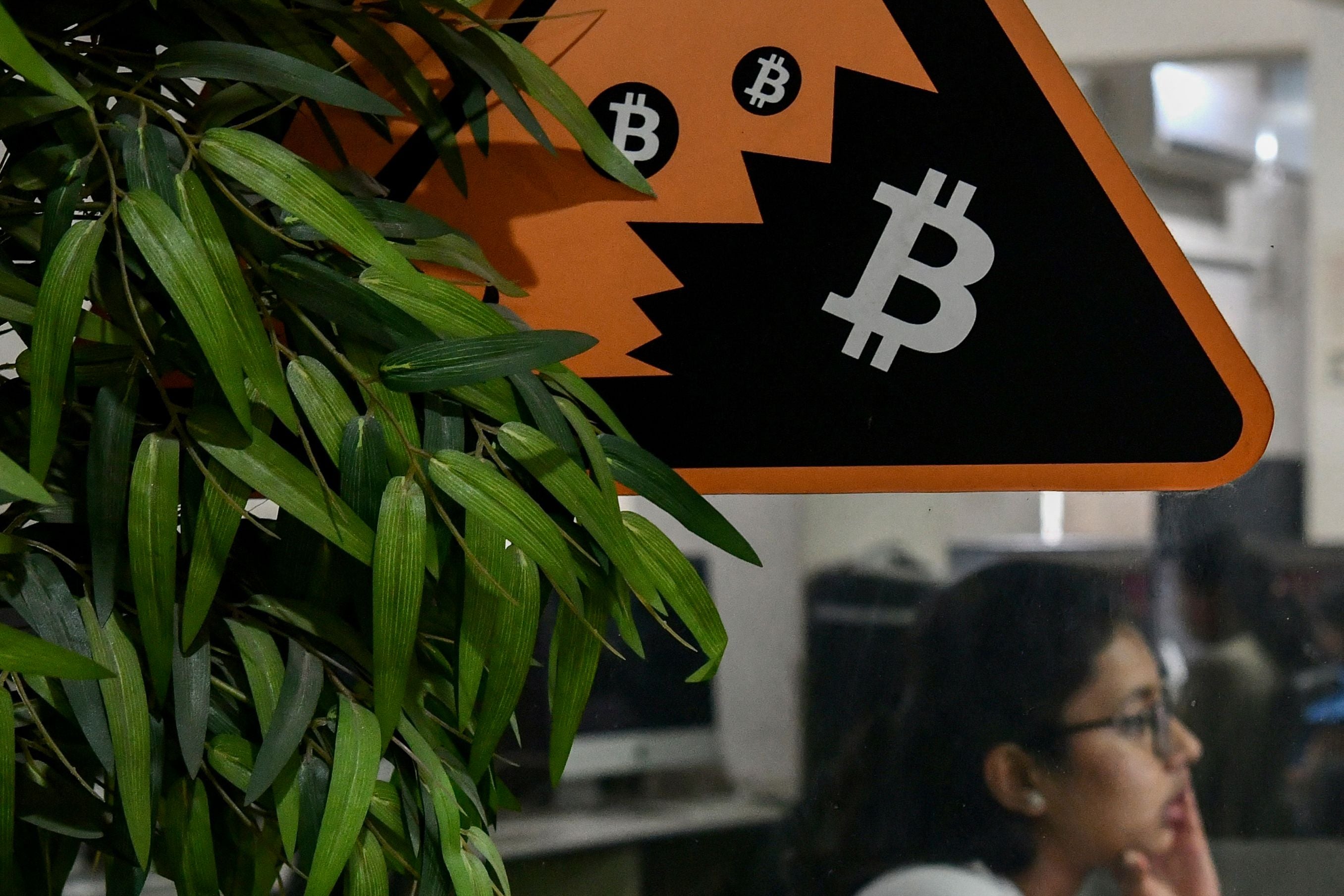India announces 30% tax on all digital currencies, including cryptocurrencies and NFTs
India’s central bank will also introduce a digital currency, the Digital Rupee, next financial year

India has imposed a 30 per cent tax on any income from the transfer of virtual digital assets, including cryptocurrencies and NFTs, Union Finance Minister Nirmala Sitharaman said on Tuesday.
The move, announced during the national budget plan for the 2022-23 fiscal year, would bring virtual assets, including cryptocurrencies and non-fungible tokens (NFTs) under a tax net, allowing for no specific deductions or exemptions.
“No deduction in respect of any expenditure or allowance shall be allowed while computing such income except cost of acquisition,” the annual budget announcement noted.
Ms Sitharaman noted that gifts would be taxed on the hands of the recipient, adding that there will be a 1 per cent tax deduction at source (TDS) on the payments made for the transfer of digital assets.
“There has been a phenomenal increase in transactions in virtual digital assets. The magnitude and frequency of these transactions have made it imperative to provide for a specific tax regime,” she said while presenting the federal budget.
“Any income from transfer of any virtual digital asset shall be taxed at the rate of 30 per cent,” she added.
The finance minister also announced that India’s central bank, the Reserve Bank of India (RBI), would introduce a digital currency – the Digital Rupee – in the next financial year using blockchain and other technologies.
“Introduction of Central Bank Digital Currency (CBDC) will give a big boost to digital economy. Digital currency will also lead to a more efficient and cheaper currency management system,” she noted.
With a crypto bill in the works to be introduced in India’s parliament, several reports in November suggested the country might ban the use and trade of cryptocurrencies in the country.
A draft version of the bill even suggested that mining, holding, selling, issuing, transferring or use of cryptocurrency in India would be punishable with a fine or imprisonment of up to 10 years, or both.
The new move gives digital assets, including cryptocurrencies and NFTs, a nod of acknowledgment, bringing it closer to the status of legal tender.
But the complete rules and regulations governing ownership and use of these virtual tokens need to be fleshed out via a cryptocurrency bill passed in parliament.
Join our commenting forum
Join thought-provoking conversations, follow other Independent readers and see their replies
Comments
Bookmark popover
Removed from bookmarks